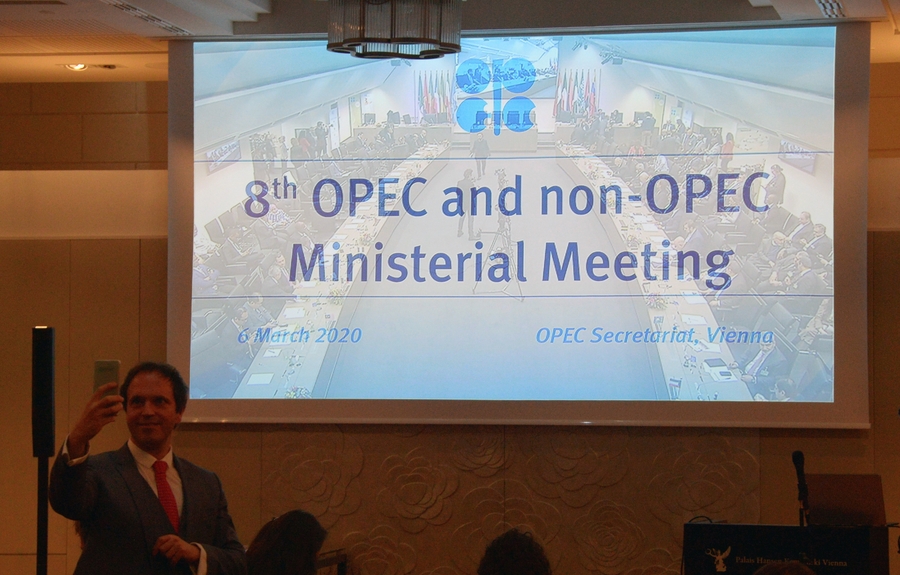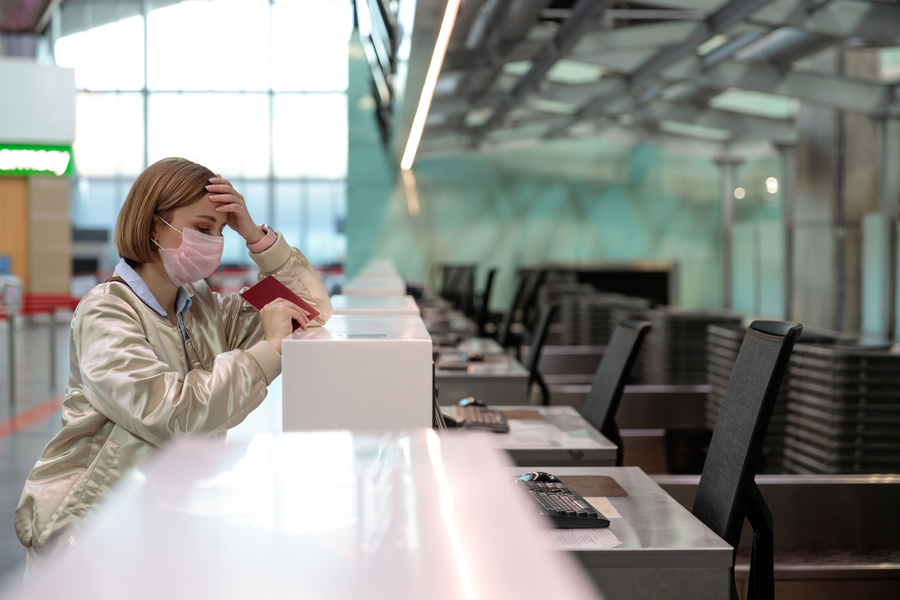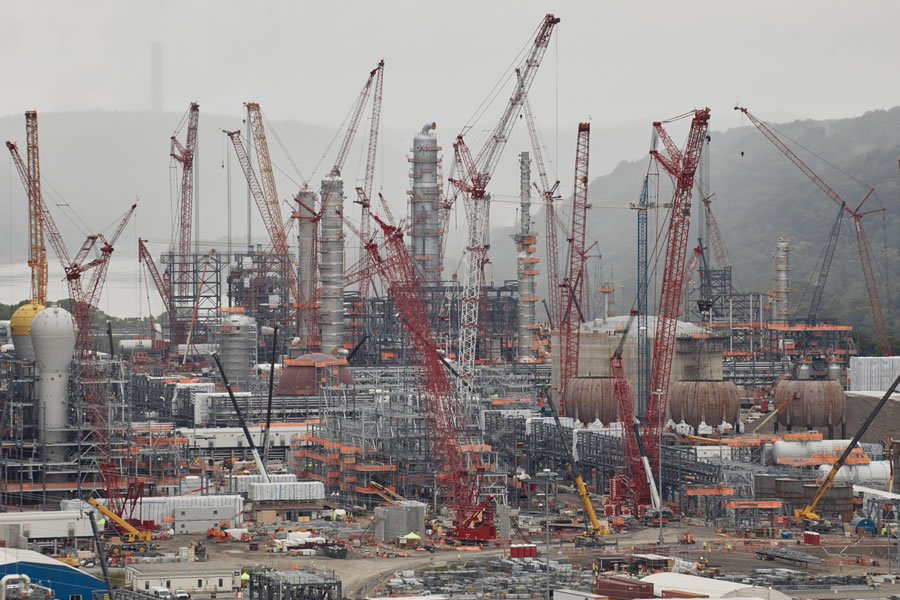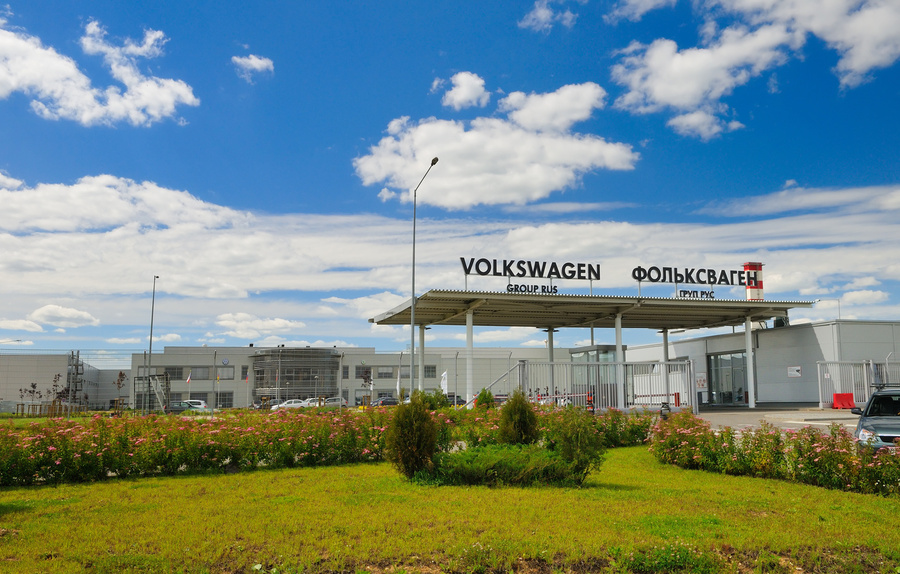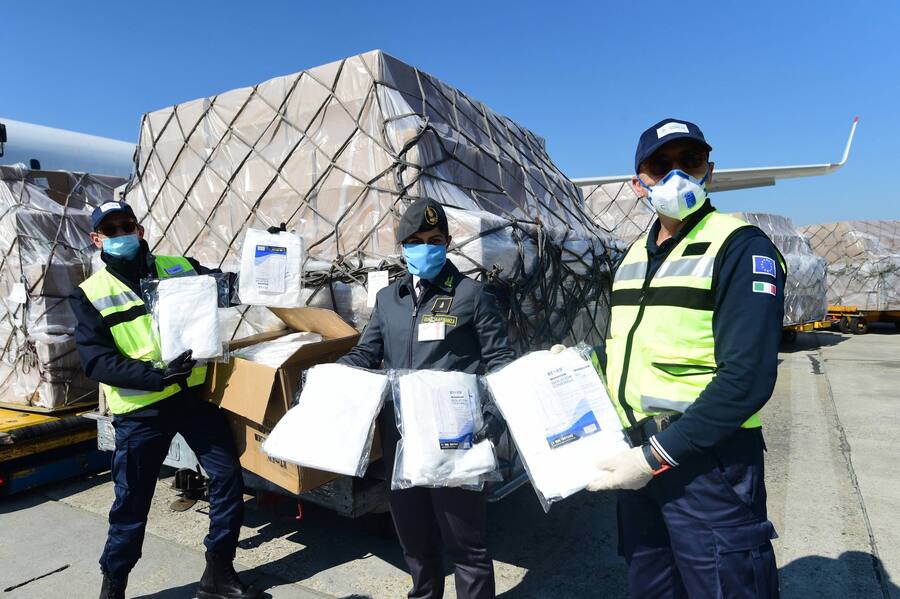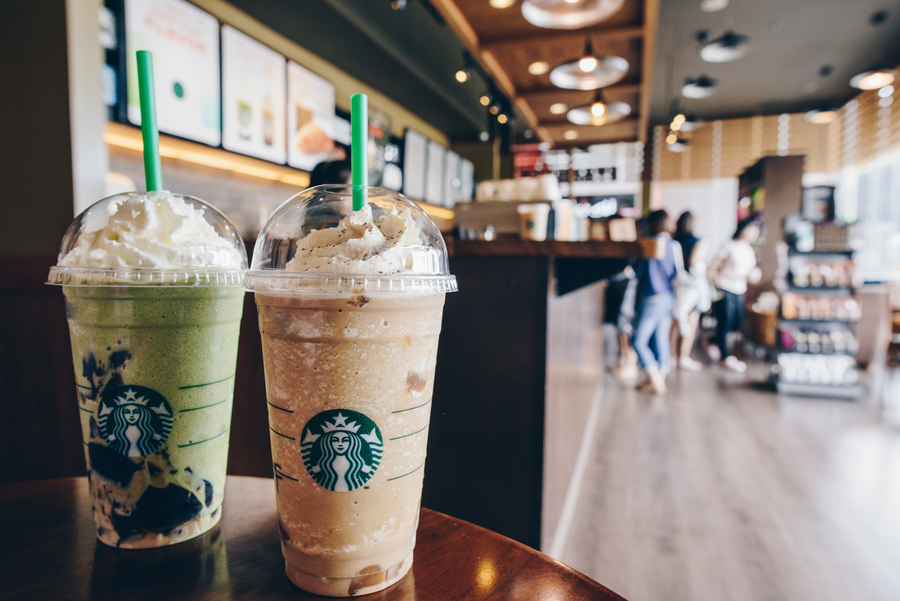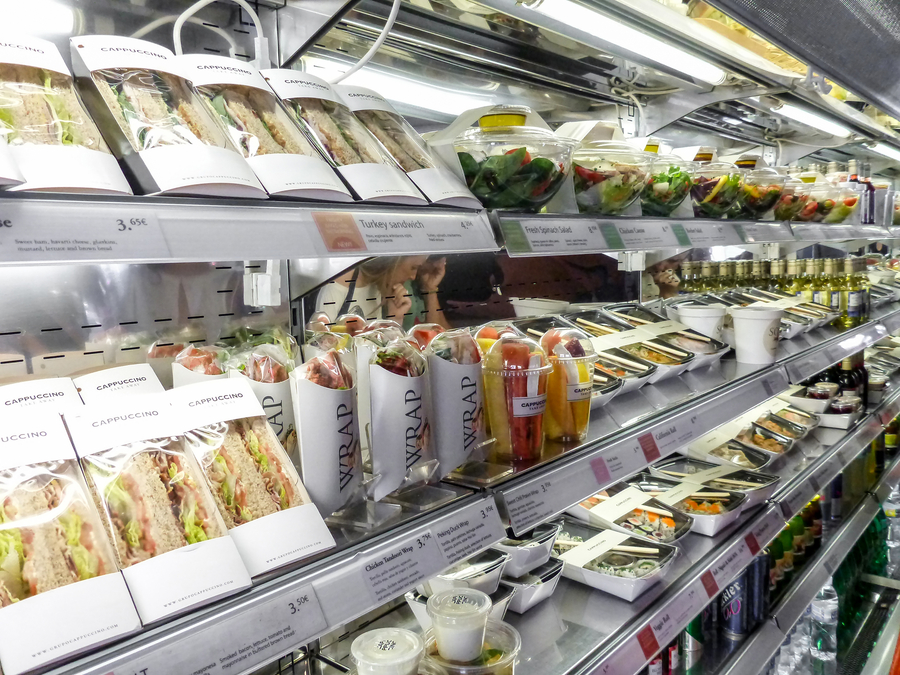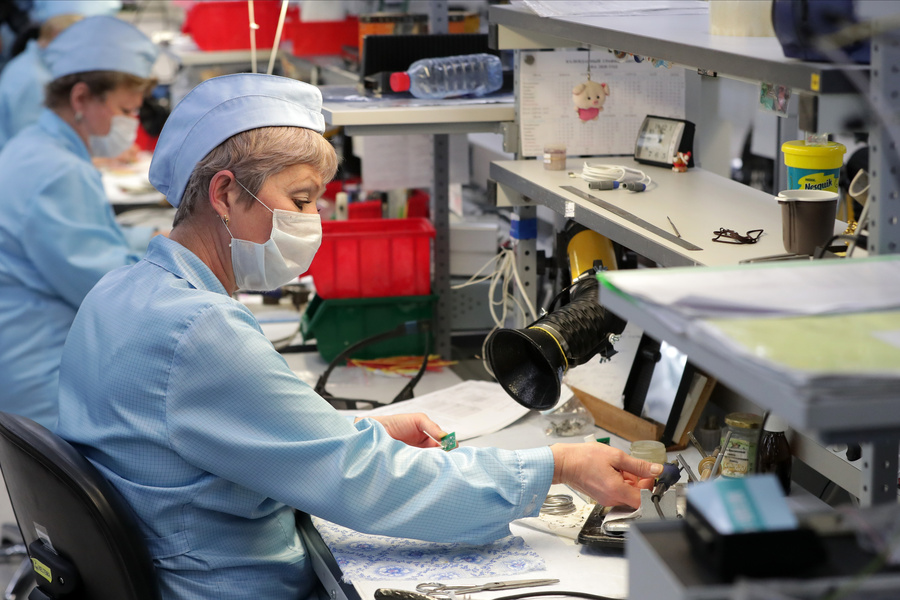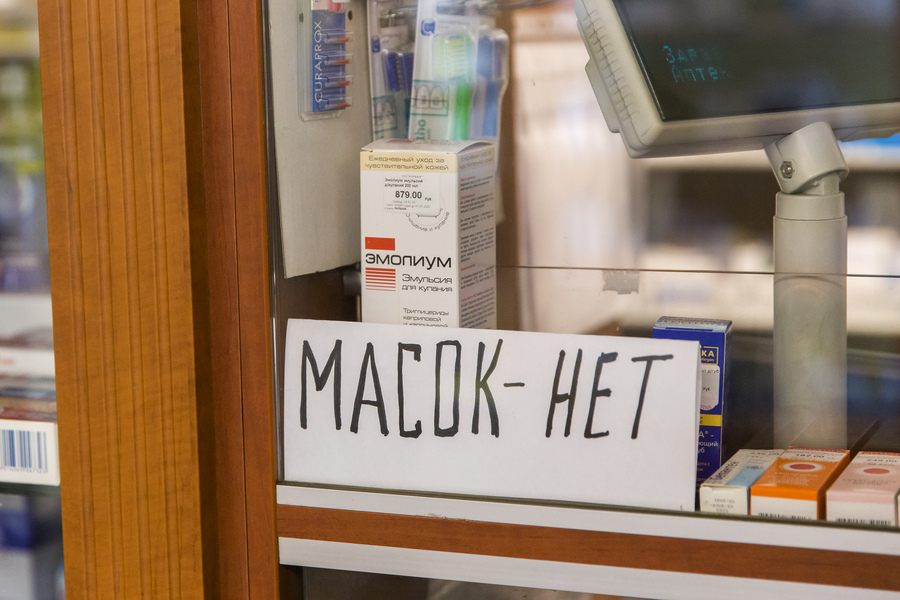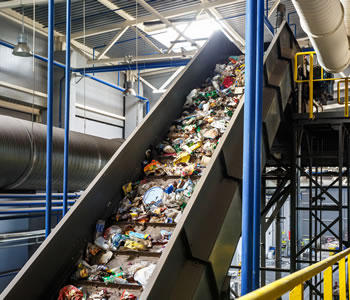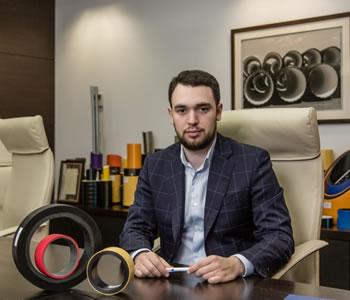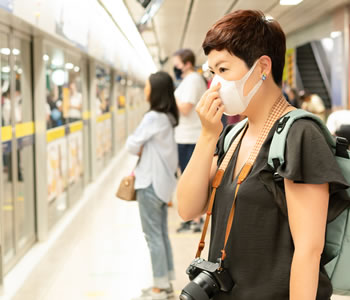The OPEC’s failure to negotiate a new deal to cut oil production, the growing COVID-19 pandemic, and the lockdown measures across the world have sent global markets into a tailspin. Under the circumstances, manufacturers worldwide are trying to repurpose their factories to make more useful products, such as medical equipment. Plastic is once again gaining ground in many markets as the most hygienic material helping to contain the spread of the virus. Companies, including SIBUR, are making every effort to protect their employees and partners, while striving to fulfil their obligations.
9 March 2020 has been dubbed the "Black Monday” in the business community. It will go down in history as the start date of the price war in the global oil markets, which followed the failure of Russia and Saudi Arabia to agree an extension to the deal cutting oil output. The current OPEC + agreement expired on 31 March. At the talks in Vienna, Russia rejected the Saudi proposal to reduce production by 1.5 mbpd, suggesting instead to extend the previous agreement on the same terms. In response, Saudi Arabia announced that it would ramp up production by more than 2 mbpd flooding the markets with cheap oil.
Russia’s oil industry has entered into the most dangerously turbulent period in its history.
Market reaction
Russia’s oil industry has entered into the most dangerously turbulent period in its history. Markets were quick to react, with global benchmark Brent plummeting to a 20-year low of USD 25 per barrel. This is fraught with radically changing the balance of power in the global oil market. The US oil producers had already reduced their CAPEX by 30–50% in February and March, and if the current trend continues for at least another quarter, their positions in the world markets will be seriously damaged.
Journalists in the press centre watch the broadcast of the OPEC ministers’ meeting.
The US oil producers had already reduced their CAPEX by 30–50% in February and March, and if the current trend continues for at least another quarter, their positions in the world markets will be seriously damaged.
Russia’s Deputy Energy Minister Pavel Sorokin believes the Russian economy can tolerate such low prices for a year. However, if they last for two or three years, it could create major problems for the economy. Despite the dangers of the current situation, Russian oil companies, according to Bloomberg, are well prepared for a tough confrontation, benefiting fr om a well-developed field infrastructure and low cost of production which currently stands at about USD 15–20 per barrel.
On 10 April, the OPEC+ alliance struck a deal on the biggest oil production cut in history. The countries agreed to a downward adjustment over the following months in an effort to ensure stable markets, prop up prices, and enable a stronger global economy. However, the situation remains complicated and calls for caution and thorough analysis.
The other factor that has dealt a severe blow on the global economy and the oil industry in particular is the coronavirus pandemic. To contain the spread of the virus, countries around the world have introduced severe restrictions, closing borders, limiting transportation, and banning mass events. Many nations have imposed mandatory self-isolation on all residents with the exception of doctors, members of the police force, and essential services. This led to a sharp decrease in population mobility sending shock waves through the tourism and transport industries.
With people staying home throughout the world, demand for motor fuel plunged causing a drastic fall in the price of naphtha, the main motor fuel ingredient. In March, petrol producers curtailed their purchases of naphtha, with petrol prices hitting all-time lows.
Due to COVID-19 restrictions, most passenger flights around the world have been grounded.
Russian oil companies, according to Bloomberg, benefit from a well-developed field infrastructure and low cost of production which currently stands at about USD 15–20 per barrel.
Response measures
As new capacities are coming on stream in China and the United States and key consuming regions are experiencing a slowdown, the oil markets had been under strain even before the emergence of COVID-19. The slump in the oil prices and the pandemic further aggravated the situation.
Most analysts believe that the consequences of the current crisis will be harsher and deeper than those caused by the financial meltdown of 2008–2009. The previous crisis was driven by a sudden collapse in demand, while today we are witnessing a dynamic imbalance in various markets affecting feedstock supplies and production chains. The pandemic has brought to a standstill close to a third of the world’s consumer services markets. Global supply chains are falling apart, leading to a massive increase in unemployment.
Economists predict a decline in the global GDP, potentially resulting in lower investment, fewer mergers and acquisitions, and decrease in the number of new projects in the chemical industry. Company profits may fall by 20–30% y-o-y in Q2 2020.
Lockdown measures have reduced consumption across the globe forcing most companies to suspend operations.
Shell announced it would temporarily discontinue the construction of an ethane cracker at the Gulf of Mexico due to the coronavirus. The project has great significance for the US economy and is the first major project in the region over the past 20 years. The plant’s entire output was intended for manufacturing of 1.6 mtpa of polyethylene. Investment in the project is estimated at USD 6 bn.
Construction of Shell’s ethane cracker suspended Sourse: nytimes.com.
With people staying home throughout the world, demand for motor fuel plunged causing a drastic fall in the price of naphtha, the main motor fuel ingredient.
India has temporarily stopped exporting petrochemicals due to the nationwide quarantine. The petrochemicals affected include vinyl acetate monomer (VAM), widely used in the production of water-based paints, adhesives, paper coatings and films. Currently, Indian VAM facilities are working at reduced capacity.
The auto industry has been among the hardest hit by the pandemic. In Russia, major car companies have announced plans to suspend production. Volkswagen’s plant in Kaluga has stopped working since 30 March. Peugeot, Citroen and Mitsubishi are also temporarily closing their assembly lines in Russia. Tire manufacturers Pirelli, Goodyear, and Debica said they were suspending operations at their facilities in response to the coronavirus outbreak and a decline in demand.
According to Argus Media, the car factory closures have dented demand for automotive plastics, especially polypropylene. In the coming months, the demand for these products is set to decline by 40–80%. Butadiene and benzene have already seen their prices tumble. Butadiene prices fell by 27%, while benzene is trading at USD 150/t in the Amsterdam-Rotterdam-Antwerp area (ARA) – the lowest in 25 years. The record-low petrol prices pushed down the toluene prices.
Volkswagen factory in Kaluga has stopped working since 30 March.
Most analysts believe that the consequences of the current crisis will be harsher and deeper than those caused by the financial meltdown of 2008–2009.
Coronavirus restrictions will have serious consequences for the construction industry, a major consumer of polymers. Under optimistic scenarios, construction and engineering industries will start recovering in September at best reaching their current capacity in 18 to 24 months.
The packaging market, on the other hand, has proven to be resilient to the latest market shocks, supported by the surge in demand for hygiene items and single-use plastics. Still, manufacturers are bracing for a serious recession in Q2 2020.
Meanwhile, China, which was first to confront the coronavirus and managed to bring the outbreak under control, as authorities claim, is gradually recovering fr om the pandemic. The vast majority of Chinese tire companies have resumed production following lifting of the lockdown measures, with most of their employees back to work. However, the Chinese industry is to a large extent export oriented, which, under the current circumstances, is a major drawback, as markets in Europe and the US are unable to provide sufficient demand for Chinese goods.
Chinese aid, including medical suits and masks, has arrived in Bologna, Italy.
The auto industry has been among the hardest hit by the pandemic. In Russia, major car companies have announced plans to suspend production.
Manufacturers against COVID-19
The coronavirus outbreak has brought to the fore new aspects in the fierce debate between supporters and opponents of single use plastic. The global pandemic has highlighted the indispensable role of polymer products in personal hygiene.
Starbucks, for example, has banned customers from using their own refillable cups in the company’s stores. During municipal elections in France, polling stations were equipped with hand sanitizers, paper towels, and disposable plastic pens.
Previously, a 2012 study found that single-use bags reduce the risk of contracting a viral infection by 25%. According to researchers from the University of Arizona and the Loma Linda University, 99% of reusable bags contain bacteria and viruses, which remain active for up to nine days.
It took a perilous global pandemic for the humanity to come to grips with this reality. Previously, in the forefront of the movement to ban single-use plastics, governments in Europe and America seem to have changed their anti-plastic stance in the face of the coronavirus threat. For example, authorities in the US state of New Hampshire are calling on people to give up reusable bags in favour of plastic bags to help tackle COVID-19. Throughout the world, we are gradually starting to realise that using disposable items is the best way to prevent the spread of the dangerous disease.
Starbucks has banned customers from using their own refillable cups in the company’s stores.
According to Argus Media, the car factory closures have dented demand for automotive plastics, especially polypropylene.
As people tend to stock up amid quarantine and isolation, food shelf life is becoming more important than ever before. This is wh ere plastic packaging beats the competition as it keeps food fresh much longer than other types of packaging or zero packaging, while also ensuring high food safety.
An increased focus on healthcare during the pandemic will most likely lead to higher polymer consumption in this industry. Despite the overall contraction of demand for consumer goods, the output of components for medical and hygiene products is growing.
Global demand for hand sanitisers and antiseptics, medical masks and other personal protective equipment keeps increasing, and manufacturers ramp up production in response. Ineos announced its plans to build new sanitiser factories in Germany and the UK. Sinopec is planning to ship 10 kt of disinfectants to Italy, France, Thailand, New Zealand and Vietnam. Dow will donate USD 3 m to global and local organisations to help fund COVID-19 relief efforts.
Plastic packaging keeps food fresh much longer than other types of packaging or zero packaging.
Coronavirus restrictions will have serious consequences for the construction industry, a major consumer of polymers.
Russia is expanding the production of lung ventilators critical for treating patients with COVID-19 at three dedicated plants in Yekaterinburg. Many companies rapidly adapt their facilities to produce antiseptics and medical products.
Novocherkassk Lubricants Plant (part of the Titan Group) is planning to launch the production of antiseptic gel based on isopropyl alcohol. A pilot batch of gel is expected to roll off the production line shortly.
Tatneft will also start producing isopropyl alcohol antiseptics at its TANECO Refining and Petrochemical Plants Complex. The company has already purchased necessary materials and developed technical documentation. The antiseptics will be packaged in 10 litre and 20 litre plastic canisters and used by the company’s employees for personal hygiene. On top of that, Tatneft announced its intention to donate nonwoven multi-layer polypropylene material for medical masks production to small businesses and volunteers in Tatarstan.
Surprisingly, manufacturers of apparel, footwear and accessories are as active as petrochemical companies. Ralph Lauren will make 250,000 medical masks and 25,000 gowns. The initiative to fight coronavirus has been joined by global fashion brands. Armani fashion house announced that it will start making single use medical overalls for hospital workers at all of its Italian factories.
MAIA-01 anaesthetic machines at the assembly shop of Ural Optical and Mechanical Plant.
The coronavirus outbreak has brought to the fore new aspects in the fierce debate between supporters and opponents of single use plastic.
SIBUR’s crisis management strategy
Currently, the major problems are logistics disruptions and lower demand in Europe, our key export market, due to the quarantine. Falling oil prices primarily put LPG and naphtha under pressure, but have limited impact on petrochemicals. So the market environment is currently more favourable for chemical companies compared to oil producers.
With a weaker energy sector, socially conscious investors who focus on environmental, social and governance (ESG) criteria have switched their attention to chemical industry. According to RUPEC, over the past six months, ESG investors have bought USD 2 bn worth of chemical company stocks.
SIBUR is closely monitoring global developments. The Company is getting prepared to diversify its logistics in order to redistribute supplies among the regions, if necessary. Logistics bottlenecks caused by the quarantine may disrupt supplies for polyolefin processors in Europe. Several processing plants have already been reported to shut down. As demand in Asian markets remains strong, SIBUR has an opportunity to redirect most of its chemical exports to Asia. Up until recently, we saw China's ports burst with stockpiles, whereas now the situation is changing, with shipments ongoing and the demand for polymers rising. This is yet another proof of market recovery. That said, the risk of quick oversupply in the Chinese market is tangible. The Russian market also continues to be of crucial importance for the Company, as it provides stable demand as long as there are no significant restrictions.
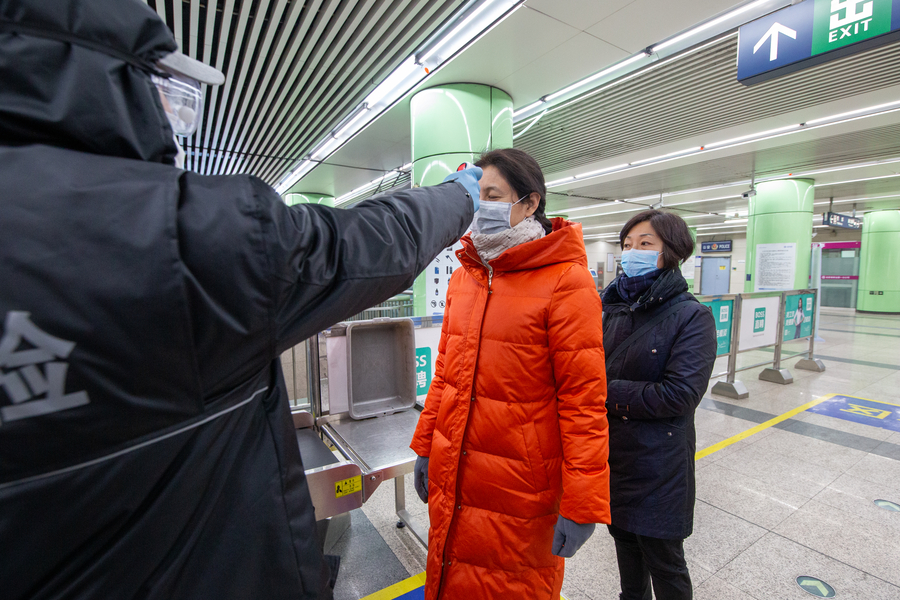
Subway security officers take passengers' body temperature to prevent the spread of the virus, Beijing.
Previously, a 2012 study found that single-use bags reduce the risk of contracting a viral infection by 25%.
There are areas wh ere we see the demand for our products grow. This is primarily production of medical supplies (masks, robes and equipment), hygiene and sanitary goods (including disposable items).
SIBUR is looking into measures to boost sales amid the quarantine and seeking ways to support its customers. Going forward, the Company will focus more on petrochemicals, as ZapSibNeftekhim, its largest production facility, reaches its design capacity. Coupled with higher domestic feedstock consumption, this will partly offset negative midstream performance.
The emergency caused by the pandemic has clearly demonstrated that companies should diversify their business to target various industries. For example, POLYPLASTIC Group’s products turned out to be in high demand in hospital construction in Moscow and other regions. As the company is engaged in supplying pipes to major construction projects, all its facilities continue operations applying strict rules to ensure employee safety. These include temperature checks at site gates, regular disinfections and personal protection equipment for every worker.
An increased focus on healthcare during the pandemic will most likely lead to higher polymer consumption in this industry.
According to PolyER, another SIBUR’s partner, the pandemic situation has not affected food packaging, and even boosted demand for delivery and medical packaging. The company has developed and put in place a plan to ensure uninterrupted supplies. It increased the stocks of raw materials and end products in strategic areas while making its suppliers and contractors confirm in writing their ability to secure continuous supplies to PolyER.
TECHNONICOL’s representative said that the company is applying all necessary safety measures in its head office and across its facilities. “As we use a continuous flow process, we maintain uninterrupted operations and ensure stable and timely supplies to our customers in Russia, CIS and Europe. Given the current uncertainty, it is hard to make reliable forecasts. However, we are considering several scenarios for the period until the year-end to choose from depending on market developments in the nearest months,” he added.
Russian producers were unprepared for a spike in demand for medical masks and antiseptics.
Global demand for hand sanitisers and antiseptics, medical masks and other personal protective equipment keeps increasing, and manufacturers ramp up production in response.
Safety measures
Our people have always been our most valuable asset and driver of the Company's development. That is why we prioritise the health and safety of our employees amid the spread of the virus. In addition to compliance with recommendations of Rospotrebnadzor and the WHO, the Company takes extra precautions to combat the virus.
SIBUR promotes COVID-19 awareness among its personnel. It has developed coronavirus prevention recommendations and introduced toughened personal hygiene requirements and mandatory health check measures for its employees and visitors. The Company's offices and facilities have been provided with more disinfectants and air purifiers.
On 10 March, SIBUR restricted, and on 16 March completely cancelled business trips of its employees. We have implemented a ban on such large-scale events as in-house sessions, training workshops, conferences, and customer events, and cancelled all meetings with external counterparties, courier visits, and work meetings involving more than five persons.
Moreover, SIBUR urges its employees to refrain from personal trips outside of their home region at this time. Employees who travelled abroad after 1 March or are in close contact with those who did were required to self-isolate for 14 days.
According to RUPEC, over the past six months, ESG investors have bought USD 2 bn worth of chemical company stocks.
From 18 March to 30 April 2020, part of employees from the Company's corporate headquarters and daytime workers from production facilities work from home. Remote work has not affected our operations as we maintain full control over production processes.
The example of other countries shows that strict quarantine is the most effective tool to fight and fend off the coronavirus.
That is why part of employees ensuring business continuity at ZapSib’s production and service facilities are being transitioned to live and work at on-site shift camps (shift camp model). Employees (including heads of production units) who have taken coronavirus tests and have been found to be healthy will be isolated from the outer world subject to their consent. They will take the ultimate responsibility for ensuring disruption-free operations at production facilities, including the power, heat and steam generation plants that supply heat to the local communities. We have put in place special on-site camps that will accommodate the shift workers. Even though transition to the shift camp model incurs additional costs for the Company, we see it as a viable solution for maintaining our operating stability. Going forward, we plan to roll out this model to other production sites. Needless to say, this will cause a number of inconveniences for employees and their families, but it is human health that becomes of paramount importance under current circumstances. That is why our workers proved to be understanding of this decision.
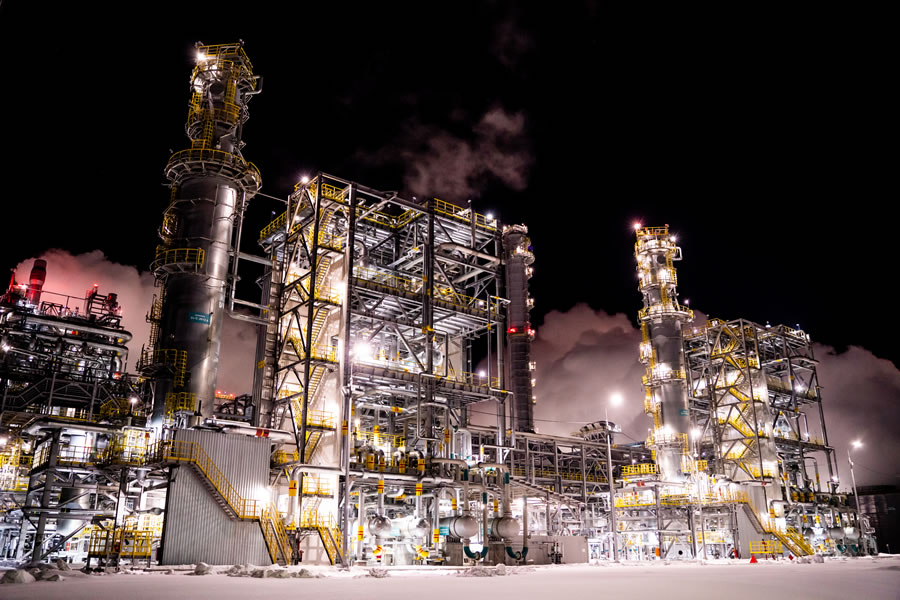
Part of employees at ZapSib’s production and service facilities have been transitioned to live and work at on-site shift camps.
SIBUR is looking into measures to boost sales amid the quarantine and seeking ways to support its customers.
Remaining efficient as remote workers
SIBUR readily employs available digital tools enabling remote control over production processes. Despite all the challenges arising from quarantine, the Company will continue operations, which will not be affected by the switch to remote work. Thanks to the use of digital technology, our internal and external communications will also remain as efficient as previously.
The Company organised a series of webinars for its clients on how to effectively organise remote work that will be held at the SIBUR Business Practices training platform. The first webinar will take place on 14 April as part of the Partner Expertise project, with BCG Moscow experts invited as speakers. The second webinar on how to remain efficient while working from home is scheduled for 16 April and will be hosted by the Company’s HR partner. The expert will speak about the best practices and tools for remote work.
SIBUR is following the situation closely and preparing for different possible scenarios. No matter how the situation unfolds, the Company will do its best to fulfil its obligations and keep its partners updated on any possible changes.
Download PDF

